NAVIGATING THIS TRANSITION
New Student Orientation







A transition is about to occur (or continue) in your household
Your student is taking another step toward their independence
You will be loosening your grip a bit with a sense of uncertainty or maybe celebration
Our (yours and SIUE’s) collective goal is to produce a more independent and more self-sufficient adult over the next four years

SIUE is here to help (built to help) with that transition
And you are paying for all of that support.
Department Name


Department Name




“Being responsible and accountable. It means you (the student) seeks the thing – the job opportunity, the apartment, the rent, the medication refill, the groceries to make the meal, the jack for the flat tire and how to pay your taxes and you find it and make something of it rather than waiting around to have the thing handed to you or handled for you by someone else.”

Department Name

“Fending is also about assessing options.
What should I (the student) do?
What am I (the student) capable of?
What resources and tools around me (the student)?


And you (the student) assemble some solution out of that!”
Lythcott-Haims – 2021
Department Name
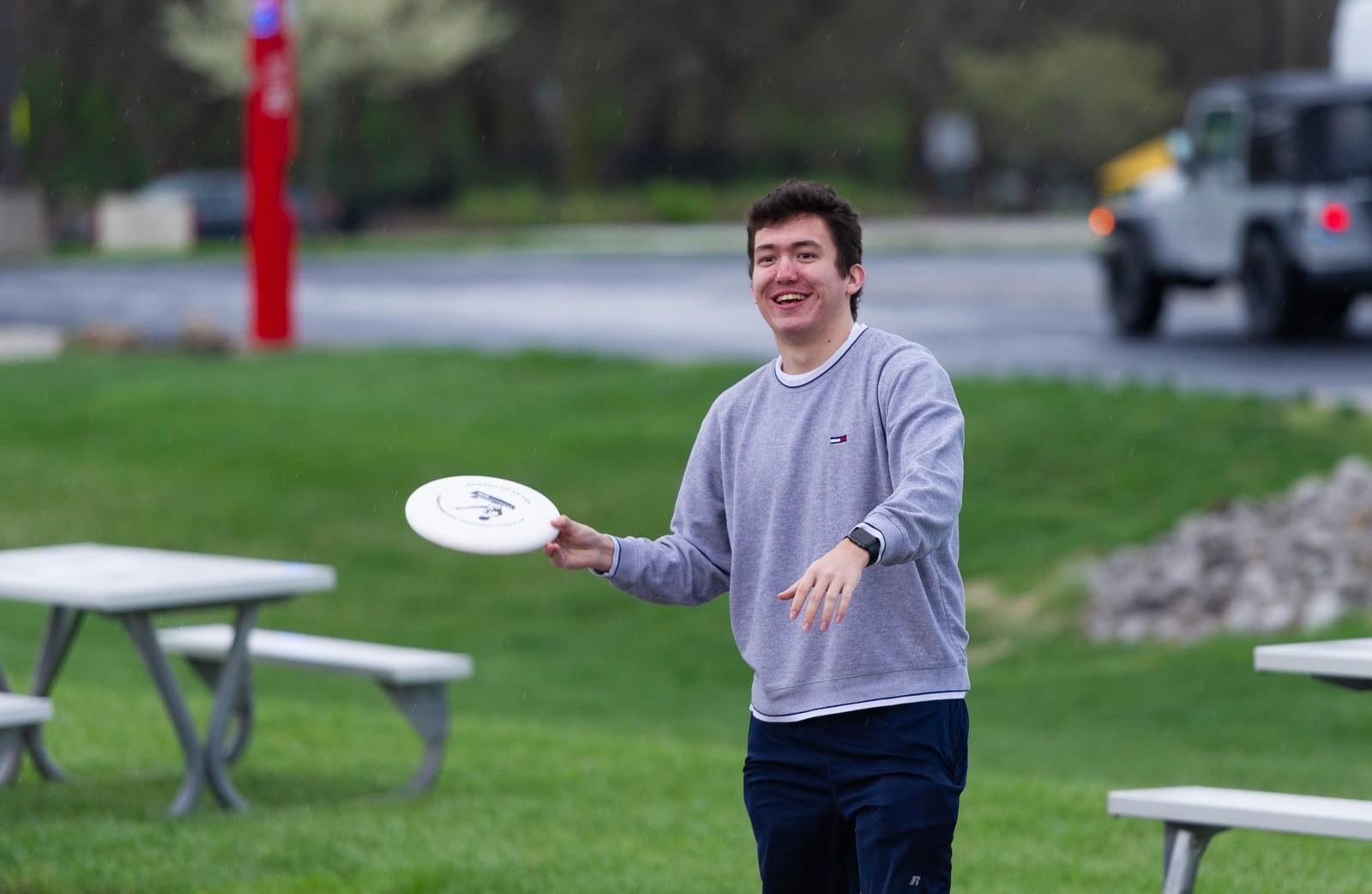
1. Attend to the care and maintenance of your body.
Everything you think this means plus sleep hygiene and other assessments provided by the SIUE Counseling Center
Use the Rec. Center, food court, Health Services, Dental Services (SIUE clinic or others in the area)
2. Find work that pays the bills.
Student employment, Federal Work Study students, opportunities in Edwardsville or Glen Carbon
Higher Education data suggests 10 hours of work per week on campus supports retention

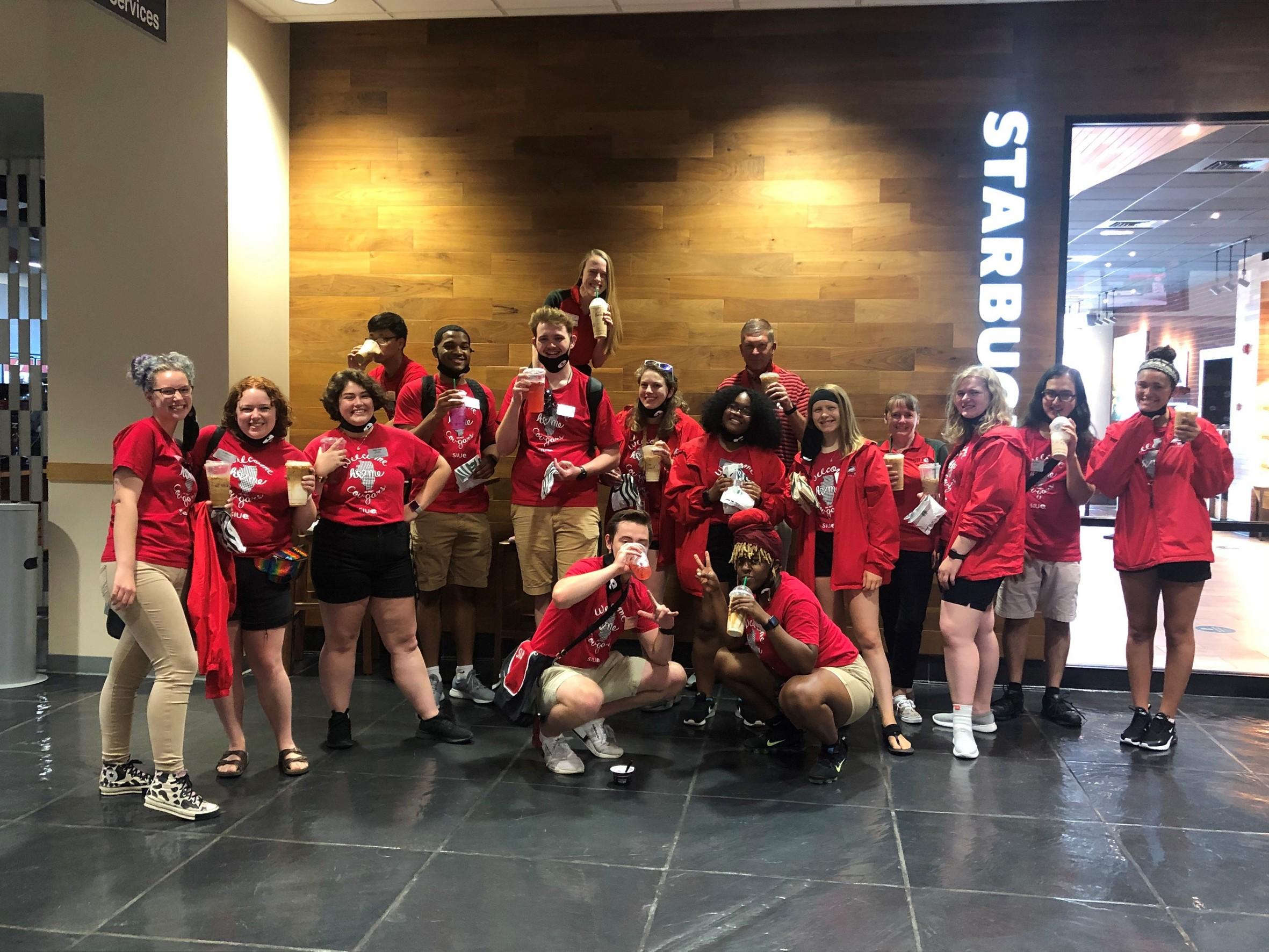
3. Try hard.
We parents say “Just do your best”…do we actually mean, the real world requires hard work and your student’s effort is a critical variable?
Students will stumble, fail, and need to get back up and try again. That is growth, resilience, and grit!
4. Make your own decisions.
How to dress for weather and all of those everyday questions are now on you (the student) to figure out. Not for your ever loving parent who may have always been there to tell you what to do and how to do it
These are not the life changing issues you will always need advice for!

JLH says 90 percent are perfectly reasonable… or maybe 30 percent are perfectly reasonable, and 60 percent can be reasoned with
Learn to interreact with humans in a manner that is courteous and respectful while advocating for what you need
key to survival
University students practice this every day, from roommates to faculty
Lots of chances to try, fail and learn and try again
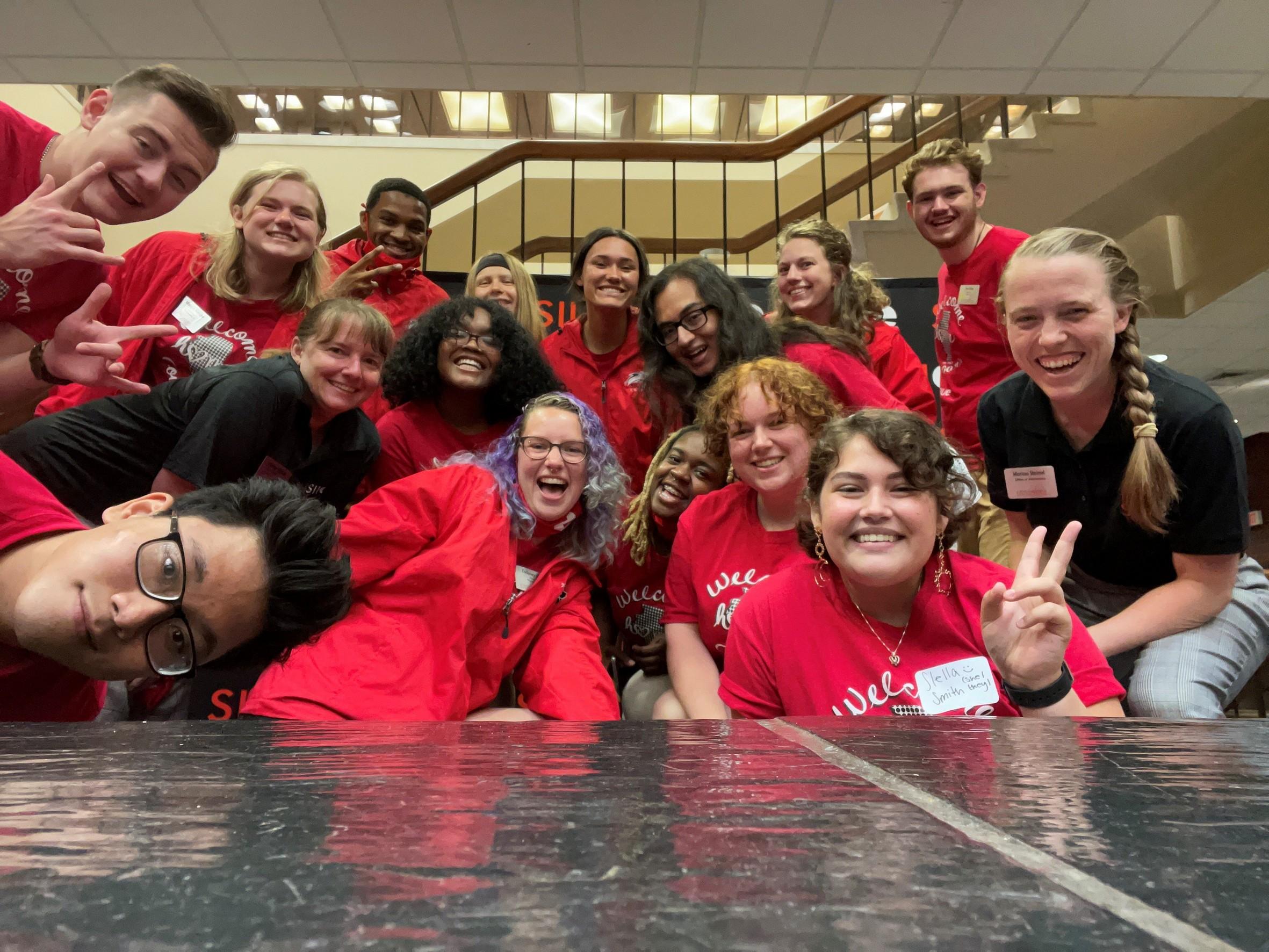
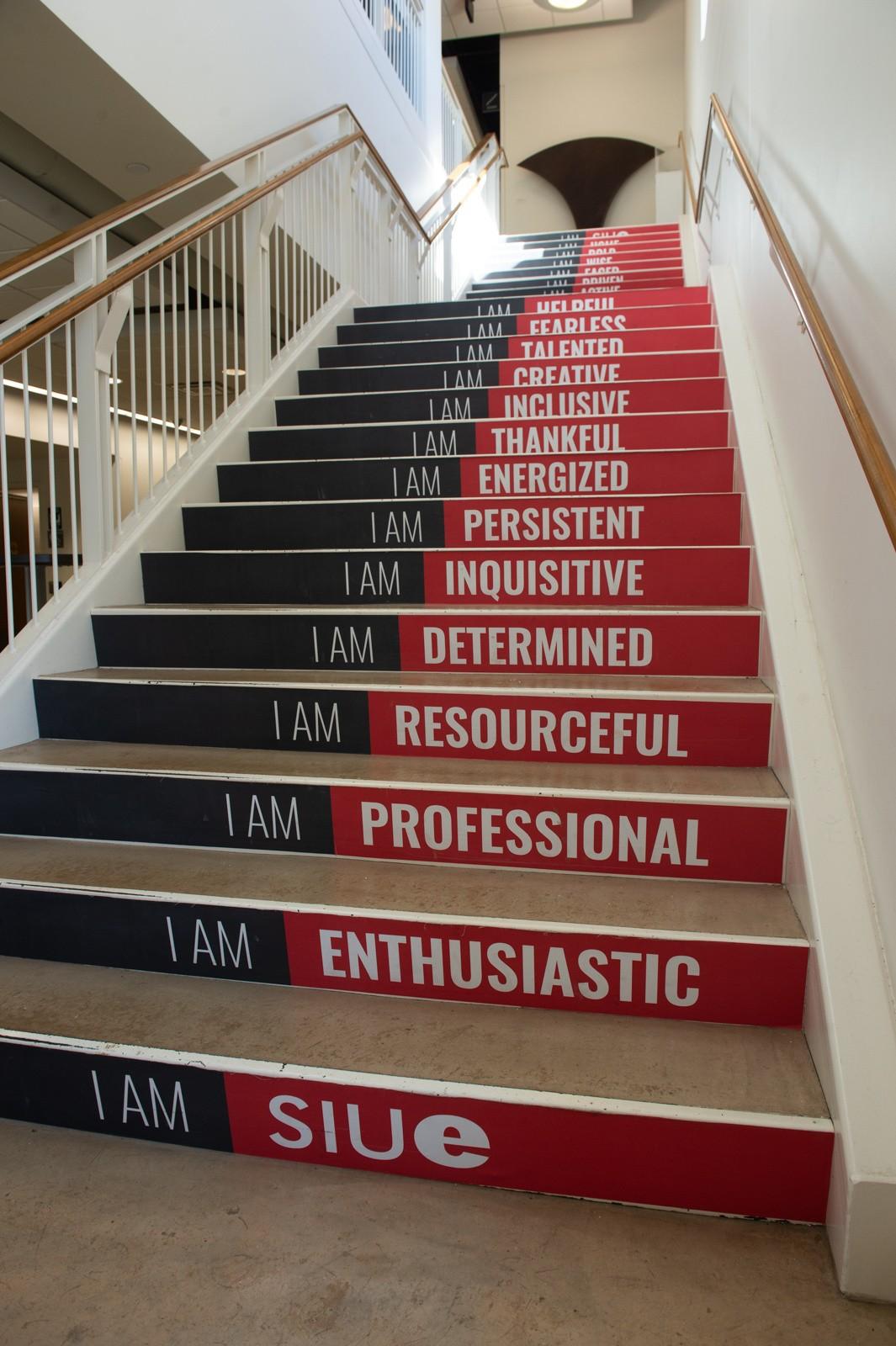
6. Keep track of your stuff.
Did somebody bring your student their instrument or their lunch or sporting equipment if they went to school and forgot it at home?
Who made their appointments and filled out their forms?
Ordinary life obligations but a huge part of fending
7. Reply and show up.
JLH says this was a faculty suggestion
Students should respond to requests for meetings and communicate if they are delayed or cannot make it, however formal or informal
Be respectful of other people’s time: faculty, advisors, coaches, employers, classmates, group projects
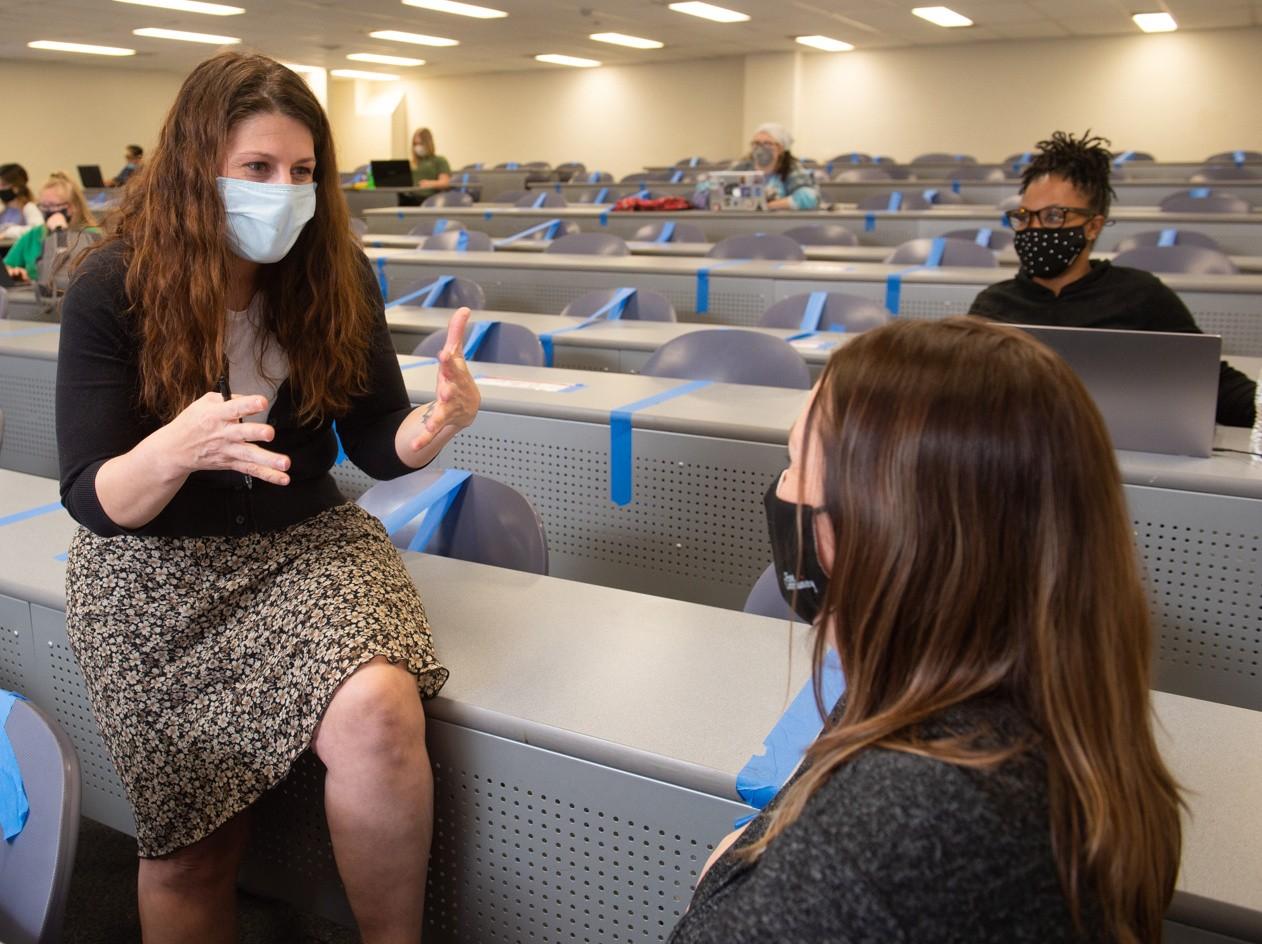
8. Find your people and care for them.
Students will form a group, squad, or a “fam” – a small collection of people who matter to them
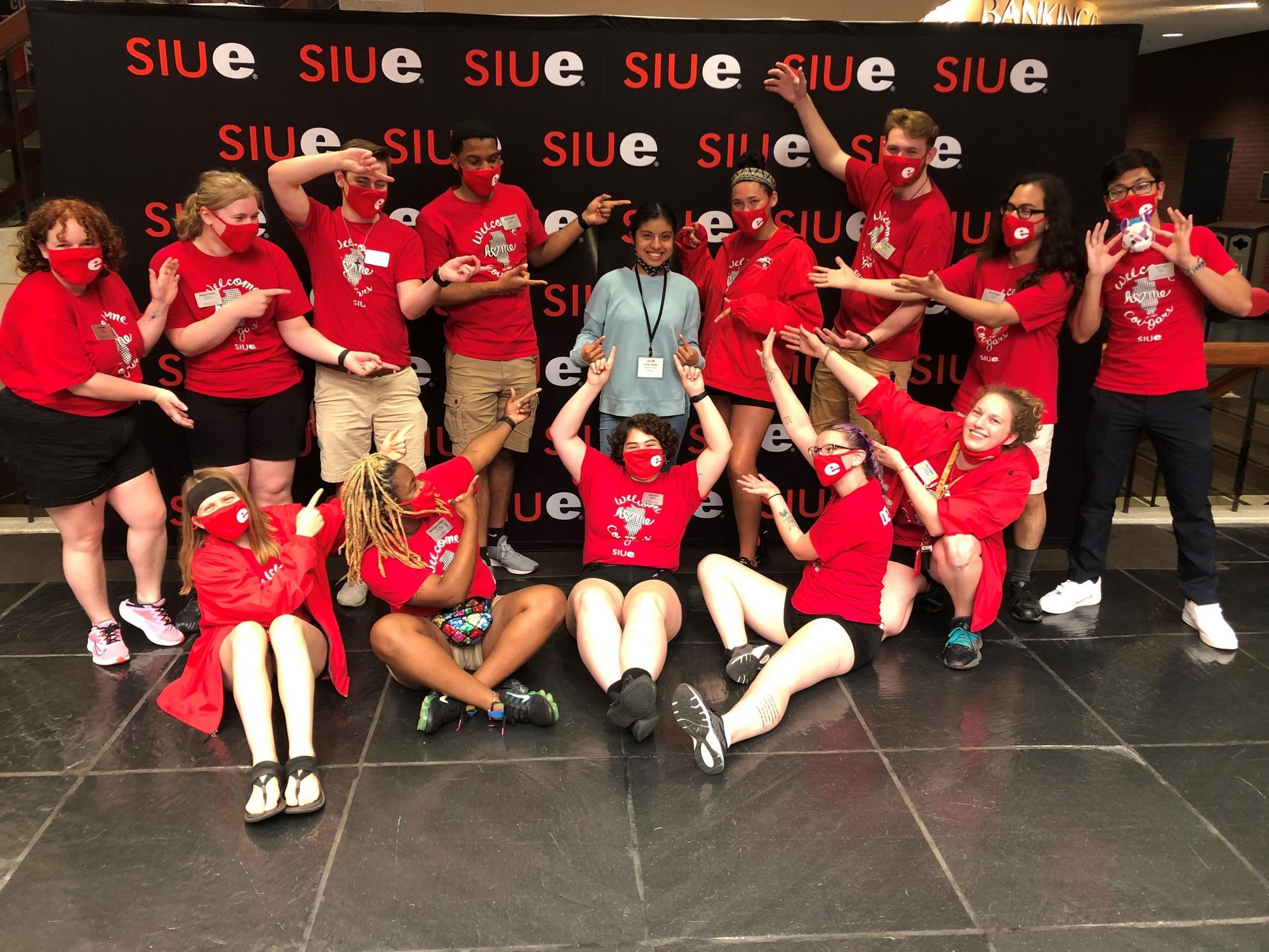
They need to have those people’s backs just as they will have your students’
This means setting aside self interest and taking an interest in what others need in order to feel safe and whole
Teammates, study groups, clubs and organizations, roommates, etc.
9. Plan for your future.
These students can expect to live to be 100

JLH talks about a financial future, but we might be using the university experience to “research” options for student’s futures
Students aren’t just checking boxes. A plan can be constructed and tested over the next four years
Elective courses, CDC interest inventory, career fairs, mock interviews, co-ops, internships, clinical rotations, student teaching, study abroad, mentorship
The university experience provides students four years to hone these values.


Where We All Want Students to Be!
What Are They Good At?
What Do They Love?
How Do They Identify and Where Do They Find Belonging?
Lythcott Haims- 2021



